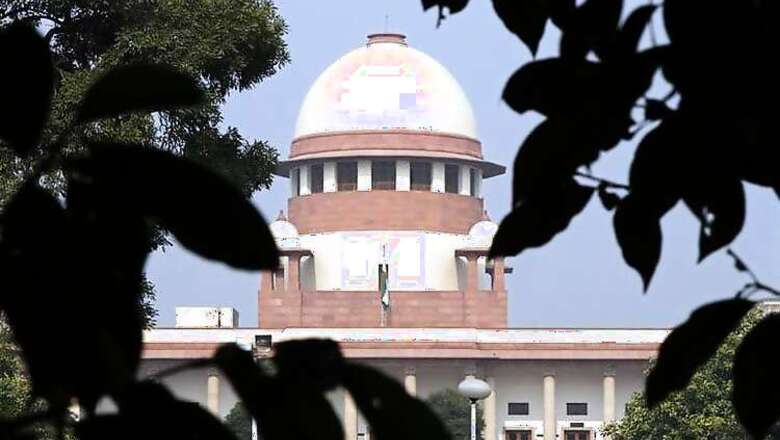
views
New Delhi: The Supreme Court on Thursday said corruption is a self-infection, which has developed resistance to all sorts of curbs and controls, to becomes an economic terror as it upheld validity of the Orissa and Bihar Special Court Act providing for speedy trial of public servants accused of alleged graft and for confiscation of their properties earned illegally.
"Corruption, a 'noun' when assumes all the characteristics of a 'verb', becomes self-infective and also develops resistance to antibiotics" said a Bench of Justice Anil R Dave and Justice Dipak Misra in their judgment.
In such a situation, the court said that the disguised protagonist never puts a Hamletian question - "to be or not to be" - "but marches ahead with perverted proclivity - sans concern, sans care for collective interest, and irrefragably without conscience".
"In a way, corruption becomes a national economic terror. This social calamity warrants a different control and hence, the legislature comes up with special legislation with stringent provisions," Justice Misra said speaking for Bench and upholding the validity of the Orissa and Bihar law in three separate appeals against the orders of Orissa High Court and Patna High Court.
Addressing the challenge to the law by the petitioners who were public servants and accused of allegedly possessing assets disproportionate to their known sources of income, the court said that the "establishment of special courts under the Orissa Act as well as the Bihar Act is not violative of Article 247 of the Constitution."
The court further said that the both the acts "providing for confiscation of property or money or both neither violate Article 14 nor Article 20(1) nor Article 21 of the Constitution" and the "procedure provided for confiscation and the proceedings before the authorised officer do not cause any discomfort either to Article 14 or to Article 20(3) of the Constitution".
Article 14 guarantees equality before law and Article 20(3) says that no person accused of any offence shall be compelled to be a witness against himself.
However, the court said that when the Bihar Act provides to follow the warrant procedure prescribed by the Code of Criminal Procedure for trial of cases before a magistrate, the 2010 Rules could not have prescribed for summary procedure.
Holding that the rules have to be in accord with the act, the court said: "The rules can supplement the provisions of the act but decidedly they cannot supplant the same. Therefore, we declare that part of rule 12 which lays down that the learned special judge shall follow summary procedure, is ultra vires the Bihar Act."











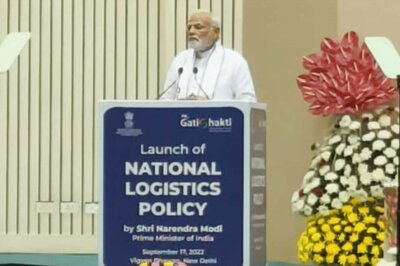



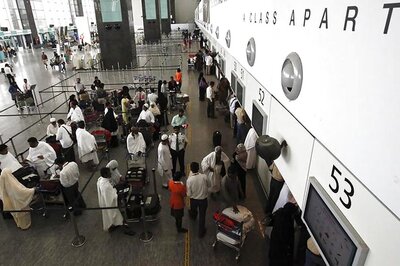
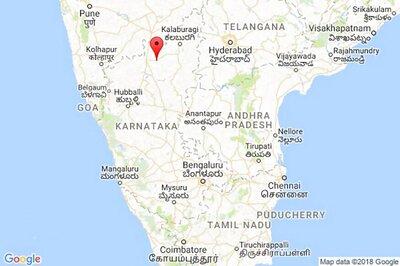

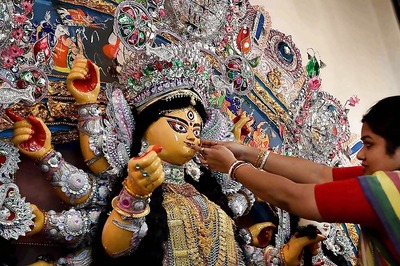
Comments
0 comment